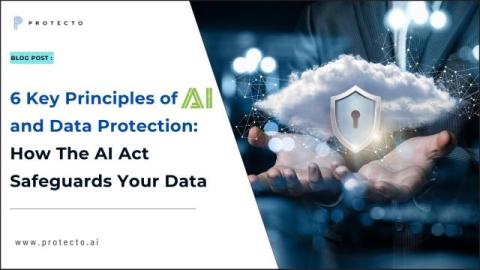Zero Standing Privileges (ZSP): Vendor Myths vs. Reality
Several new vendors entering the privileged access management (PAM) market are boldly claiming they can – or will soon be able to – provide access with zero standing privileges (ZSP). In reality, these lofty vendor claims likely ignore the limited use cases of their own technology. This betrays a fundamental misunderstanding of PAM – the most challenging problem in cybersecurity.









